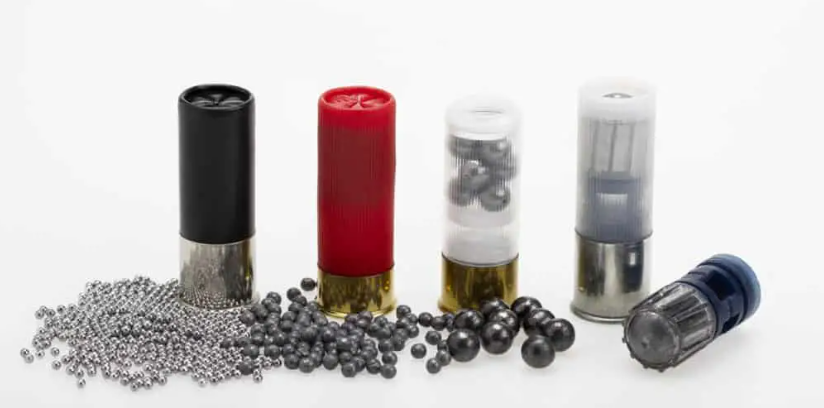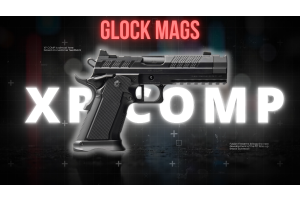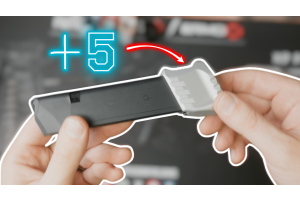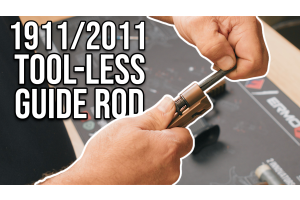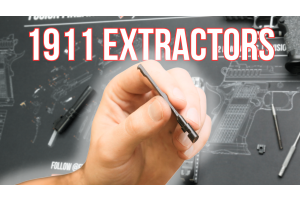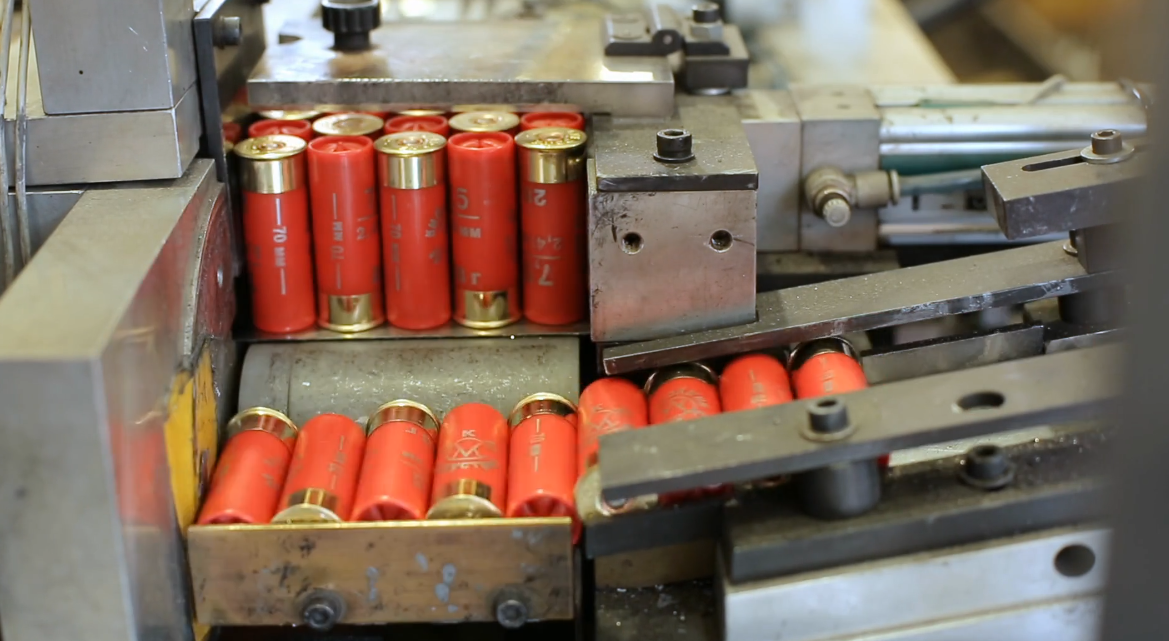
Unpacking the Blast: A Comprehensive Guide to Different Types of Shotgun Shell Loads
0%
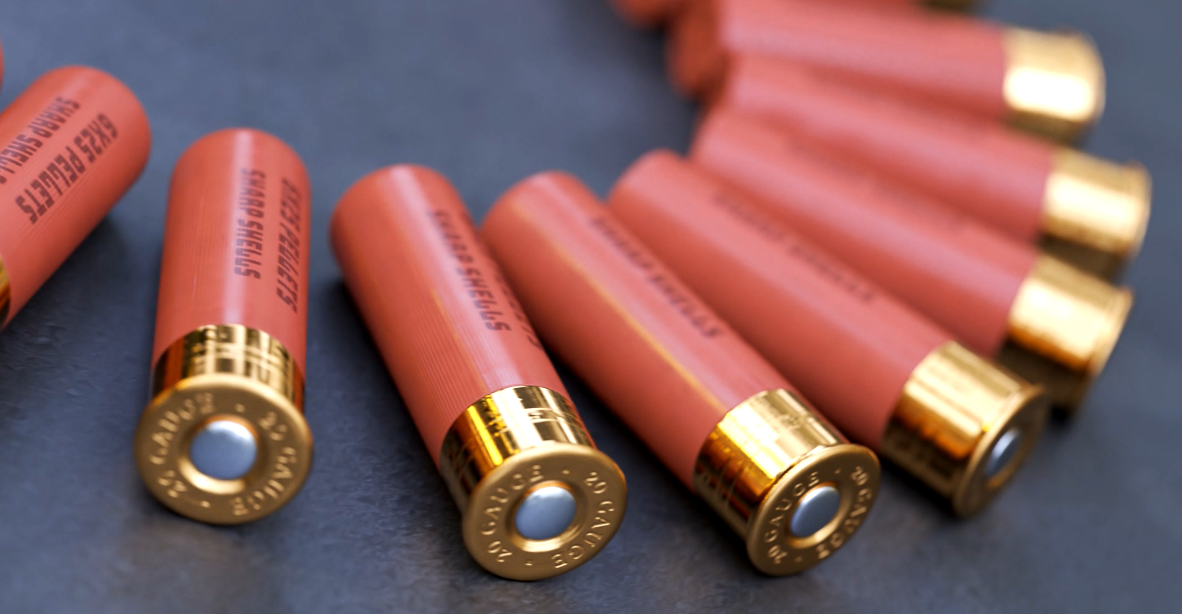
Key Points
- Birdshot is a type of shotgun shell load primarily used for hunting birds and small game. It contains numerous small, round pellets that spread out in a wide pattern when fired.
- Buckshot contains fewer but larger pellets, making it suitable for hunting larger game or for home defense. The most common types are 00 and #1 buckshot.
- Slugs are a single, solid projectile, ideal for hunting big game or precise shooting at longer ranges. They come in two primary types: rifled and saboted.
- Specialty loads offer a range of unique functionalities, from less-lethal options like rubber and bean bag rounds to unique types like Flechette and Dragon's Breath rounds.
- Safety is paramount when using different types of shotgun shell loads. Understanding the power and impact of each type can help ensure safe and effective use.
- Shell sizes vary from the 10, 12, 16, 20, and 28 gauge, plus the .410 bore. The most common is the 12-gauge.
- Shotgun shell components include the primer, propellant, wad, and shot. Understanding these can help you appreciate the engineering behind shotgun ammunition.
As the world of firearms evolves, so does the diversity and complexity of ammunition. Among these, shotgun shells stand out for their versatile design, adaptable to a wide range of hunting, sport, and self-defense scenarios. This article will delve into the intricacies of various types of shotgun shell loads, from the classic birdshot to the versatile buckshot, and the heavy-duty slug.
The Importance of Understanding Shotgun Loads
With great power comes great responsibility, and understanding the different types of shotgun shell loads is crucial for safe and effective use. Slugs, for instance, can penetrate walls and pose a risk in populated areas, while birdshot's wide spread can pose a risk to bystanders if not used properly.
Educating yourself about the different types of shotgun shell loads can help you make informed decisions about what ammunition to use, when to use it, and how to handle it safely. Remember to always handle firearms with care, respect, and in accordance with local laws and regulations.
Understanding the Basics
Before delving into the different types of shotgun shell loads, let's cover some basics. A shotgun shell, also known as a shotgun cartridge, is the type of ammunition used in a shotgun. They come in various sizes, commonly referred to as "gauges," with 12-gauge being the most widespread. The interior of these shells houses the load, which can be a single projectile or a multitude of smaller ones.
Understanding Shotgun Shell Sizes
Apart from the load, the size of the shotgun shell also plays a crucial role in your shooting experience. Common shotgun shell sizes include the 10, 12, 16, 20, and 28 gauge, plus the .410 bore. The '12-gauge' is the most common, suitable for a wide range of applications.
The gauge number signifies the diameter of the barrel. Interestingly, it represents the number of lead balls of barrel diameter that make up a pound. For instance, 12 balls of lead fitting a 12-gauge shotgun barrel would weigh one pound. Remember, in the counterintuitive world of shotguns, a smaller gauge number means a larger shell.
The Shotgun Shell: A Component Breakdown
A shotgun shell comprises four main components: the primer, propellant, wad, and shot. The primer ignites the propellant (or gunpowder), whose rapid expansion pushes the wad and shot out of the shell and through the barrel.
The wad serves a dual purpose—it acts as a gas seal and cushions the shot, keeping it from deforming. Understanding these components can help you appreciate the engineering behind your shotgun ammunition and make more informed choices about your preferred load.
Birdshot: The Hunter's Choice
Birdshot is one of the most common types of shotgun shell loads, named for its primary use—hunting birds and small game. A birdshot shell is filled with a multitude of small, round pellets, which spread out in a wide pattern when fired. This dispersion is ideal for hitting fast-moving, airborne targets.
The number associated with birdshot corresponds to the pellet size: the larger the number, the smaller the pellet. For instance, #8 birdshot has smaller pellets than #4. Birdshot is generally not recommended for self-defense due to its lack of penetration power.
Buckshot: Balancing Power and Spread
Stepping up from birdshot, we find buckshot. Buckshot shells contain fewer, but larger pellets. These loads are designed for hunting larger game, such as deer—hence the name "buckshot". They deliver a substantial punch and are also a popular choice for home defense.
Buckshot is classified similarly to birdshot, with the higher numbers signifying smaller pellets. The most common types are 00 ("double-aught") and #1 buckshot. 00 buckshot, comprising larger pellets, is often favored for its balance between penetration and spread.
Slugs: Single and Powerful
For when a single, powerful shot is needed, nothing matches the slug. Unlike birdshot and buckshot, which contain multiple pellets, a slug load consists of a single, solid projectile. This makes slugs ideal for hunting big game or for precise shooting at longer ranges.
There are two primary types of slugs: rifled and saboted. Rifled slugs are designed to be fired from a smoothbore shotgun barrel, while saboted slugs are for shotguns with rifled barrels. Saboted slugs offer improved accuracy and are often used by hunters seeking large game at longer ranges.
Specialty Loads: Versatility Unleashed
Beyond these three primary types of shotgun loads, there are also a variety of specialty loads. These include less-lethal options like rubber and bean bag rounds, which are often used by law enforcement for crowd control.
Flechette rounds are another unique type, loaded with small, dart-like projectiles that provide superior penetration. Dragon's Breath rounds, meanwhile, emit a flash of flame and sparks when fired, making them more of a novelty than a practical load.
Choosing the Right Load
Selecting the right shotgun shell load comes down to understanding your specific needs. For hunting birds or small game, birdshot is the go-to choice. If you're hunting larger game or need a powerful home defense round, buckshot or slugs might be your best bet. And for those niche requirements, there's a plethora of specialty rounds to explore.
Final Thoughts
The world of shotgun shell loads is as diverse as the shooters who use them. Whether you're interested in hunting, sport shooting, home defense, or simply learning more about firearms, there's a shotgun shell load designed to meet your needs.
So, the next time you're at the range, in the field, or browsing your local gun shop, you'll be well-equipped to make the best choice. After all, knowledge is power—especially when it comes to the fascinating world of shotgun shell loads.


